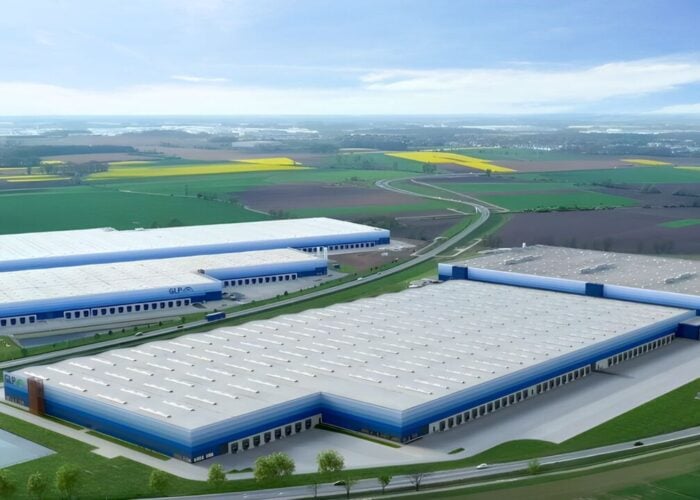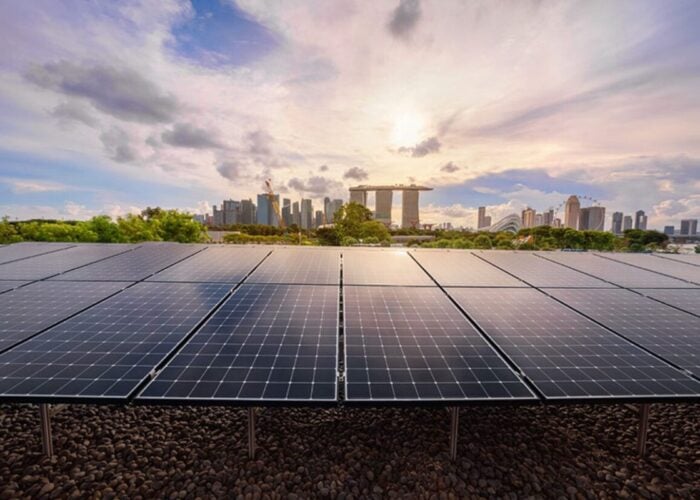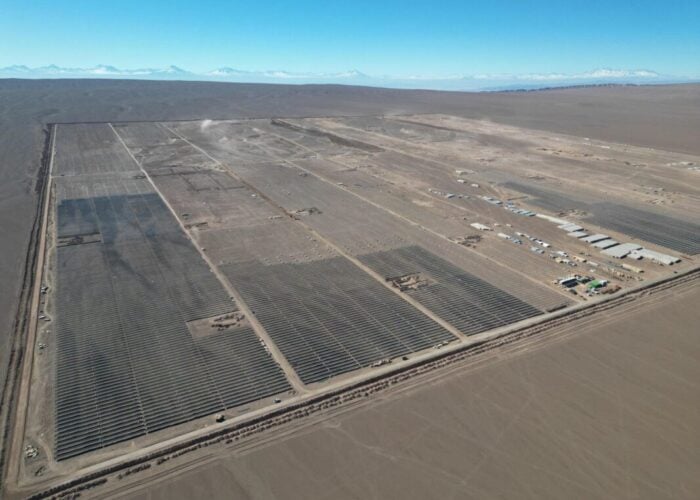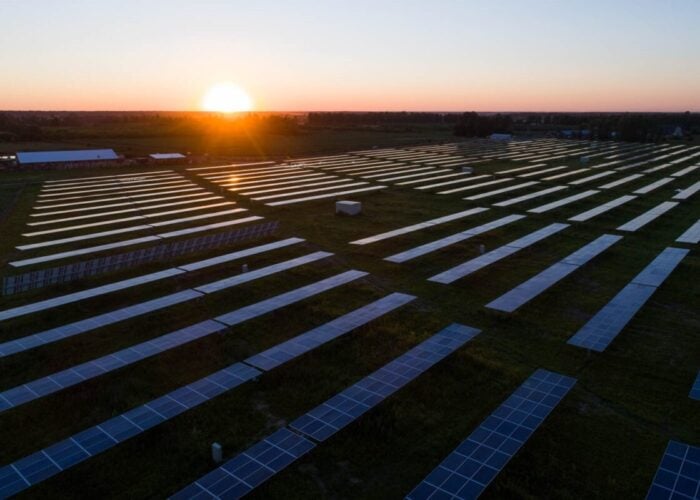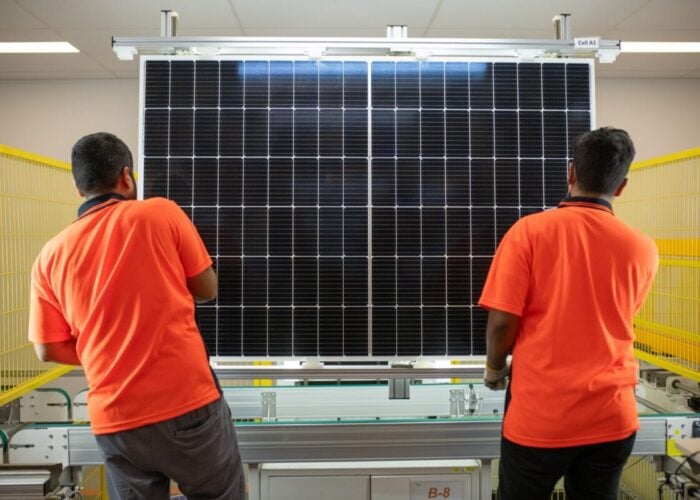The Australian parliament’s upper house Senate on Thursday postponed a debate on renewable energy laws until August at the earliest, delaying the government’s plans passing the laws by the end of June.
The laws would have set a 20% target for renewable energy use by 2020 as compared to Australia’s current 6.5% levels. This breaks down to a statutory target capacity of 9,500GWh from renewable electricity sources in 2010, and increasing it to 45,000GWh in 2020. Currently, most of energy comes from coal, oil and gas, and this practice has earned Australia the infamy as one the world’s worst per capita polluters.
Try Premium for just $1
- Full premium access for the first month at only $1
- Converts to an annual rate after 30 days unless cancelled
- Cancel anytime during the trial period
Premium Benefits
- Expert industry analysis and interviews
- Digital access to PV Tech Power journal
- Exclusive event discounts
Or get the full Premium subscription right away
Or continue reading this article for free
Independent Senator Steve Fielding, with the support of Nick Xenophon and the conservative opposition parties, moved that the laws be sent to a Senate inquiry to report back by August 12, to examine the impact on big business.
Needless to say, the government and Greens party opposed the delay, stating the move would undermine investment in Australia’s renewable energy sector and would lead to job losses while passing the laws could open up to $22 billion in investments for solar power. This trend against emissions reduction is likely to continue while the government faces a Senate roadblock with its other plans to introduce an emissions trading scheme by July 2011.
“The people who are pushing for this delay are the big emitters. I want to see this legislation through, I want to give certainty to the renewable energy industry that they have got their target,” Greens Senator Christine Milne told parliament.
This move is a definte shift from the March 2009 feed-in tariffs for Canberra.

